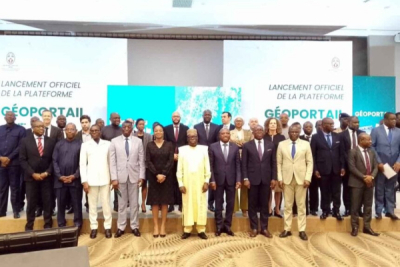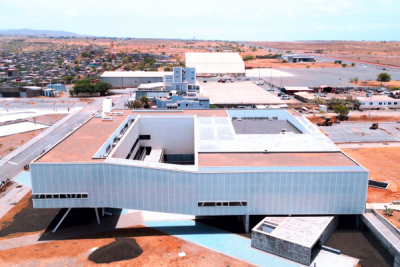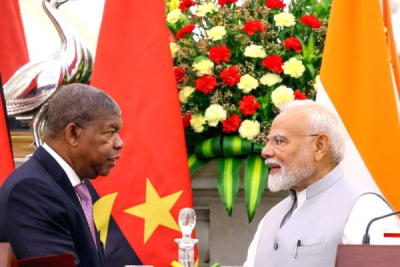Africa has been making significant strides towards digital transformation, with growing adoption of mobile internet, fintech innovations, and e-commerce platforms. Internet shutdowns hinder the everyday functioning of these sectors and create a sense of instability, discouraging investments and limiting opportunities for startups and entrepreneurs.
In 2024, Sub-Saharan Africa faced significant economic losses from deliberate internet shutdowns, totaling $1.56 billion, or 20% of the global economic impact, according to Top10VPN data. These disruptions impacted 111.2 million users -17% of the global total- across 32,938 hours of downtime, severely affecting the region's digital economy.
Sub-Saharan Africa’s internet disruptions were mainly driven by conflict and political unrest. Sudan was the hardest hit, losing $1.12 billion (71.8% of the region's total loss), as internet services were shut down to control protests and suppress information. This affected 23.4 million people over 12,707 hours. Ethiopia followed with a loss of $211.2 million, while Kenya experienced a $75 million loss. Although Ethiopia incurred a higher financial loss, the Kenyan outage affected 22.7 million people over 511 hours, compared to 3.3 million in Ethiopia over 4,680 hours.
In contrast to the frequent but less economically damaging shutdowns for exams, which are common in the region, conflicts and information control were the top reasons for internet restrictions. The ongoing Sudanese conflict, along with unrest in countries like Ethiopia resulted in some of the longest and most costly shutdowns in Africa. These shutdowns caused long-term disruptions in business, access to essential services, and social media platforms, which are increasingly vital for communication and economic activity.
Social media platforms like Twitter (X) and TikTok were often blocked, reflecting governments’ efforts to control information flow during political instability. For instance, Twitter’s extended shutdown in countries like Nigeria and Sudan led to significant disruptions for citizens and businesses that use the platform for networking, marketing, and information-sharing.
Internet shutdowns in Africa have significant economic and innovation costs, especially for startups in fintech and e-commerce. As mobile technology and internet access grow, these disruptions threaten the region's digital economy. Shutdowns disrupt communication, business activities, and essential services, deepening the digital divide and hindering economic growth.
In conclusion, the economic impact of internet shutdowns in Sub-Saharan Africa in 2024 highlights the urgent need for resilient digital infrastructure, better governance, and greater advocacy for digital rights. These challenges serve as a reminder of the central role the internet plays in Africa's development and the risks posed by internet shutdowns to economic and social progress.
Hikmatu Bilali



















